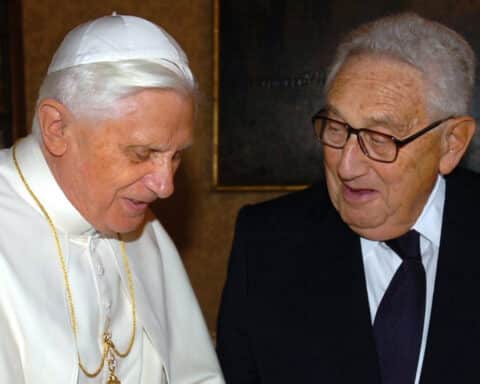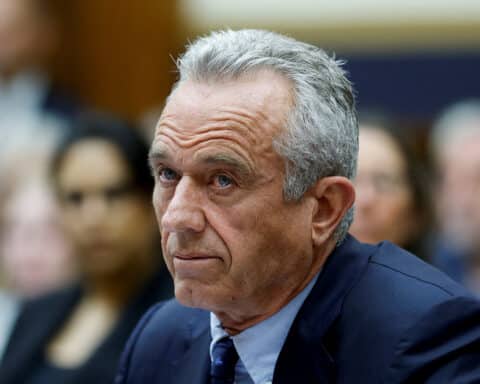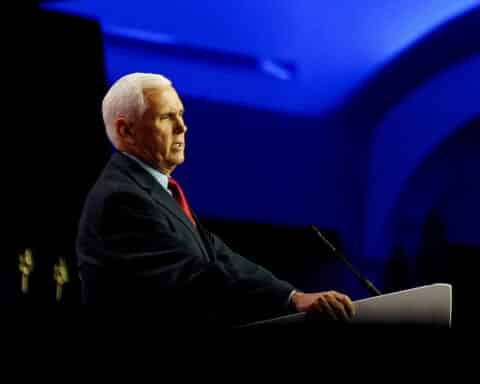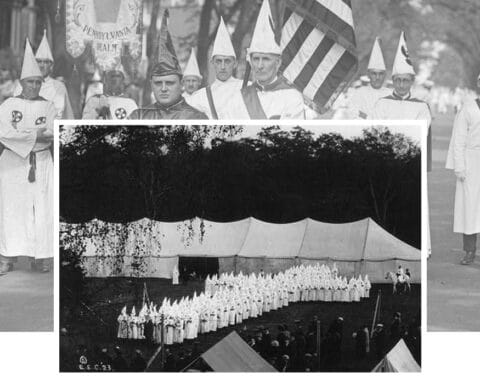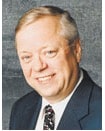
Shots were fired. Kennedy was hit. Romero knelt beside him, cradling his head.
“I could feel a steady stream of blood coming through my fingers,” Romero told National Public Radio 50 years later. “I remember I had a rosary in my shirt pocket and I took it out, thinking that he would need it a lot more than me. I wrapped it around his right hand.”
Bobby died the next day. A shot of Kennedy, Romero and that rosary became one of the most iconic photographs in U.S. political history.
I was 18 and home after finishing freshman year in college. I wandered into a local tavern looking for old friends. Eventually Eric came in and we talked politics, which you did in 1968. My cousin, Kathy, joined us and by the end of the evening Eric convinced us that Bobby should be the pick over Gene McCarthy in the presidential run.
There was much coverage last month of the 50th anniversary of Bobby’s assassination. Catholic News Service ran a great feature by Carol Zimmermann reflecting on his Catholicism.
He was an old altar boy who wore his Saint Christopher medal. But some have wondered if Bobby was an early “Catholic-in-name-only” politician, more secular in perspective than faith-filled. Zimmermann’s feature shows how fundamental his faith was to his public and private life. His social, political and personal philosophy were rooted in his Catholicism.
“Historians and biographers alike have not shied away from Kennedy’s Catholicism, often saying he was the most Catholic of the Kennedy brothers and that he wasn’t afraid to express his faith,” Zimmermann writes.
She notes how “his speeches … often echo Catholic social teaching. … A Newsweek tribute to Kennedy describes one of his speeches as ‘typically peppered with erudition and an almost ecclesiastic, Catholic compassion.'”
Zimmermann cites Larry Tye, author of “Bobby Kennedy: The Making of a Liberal Icon” (Penguin Random House, $20) in 2016. He “said Kennedy’s faith helped him as he grieved the 1963 assassination of his brother, President John F. Kennedy. … [He] was ‘in the pew nearly every day. His faith helped him internalize the assassination in a way that, over time, freed his spirit.'”
Jerald Podair, a history professor at Lawrence University in Appleton, Wisconsin, said, “Kennedy viewed his faith ‘as a summons to heal the world, making it a more equal and just place. An example was his strong support for Cesar Chavez’s United Farm Workers movement, one that itself was steeped in Catholic liturgy and morals.'”
Zimmermann said, “The book, ‘Robert Kennedy: His Life,’ (Simon & Schuster, $19) written by Evan Thomas in 2002, described Kennedy as ‘a romantic Catholic who believed that it was possible to create the kingdom of heaven on earth.'”
She cites Thomas that the “basics of Catholicism — prayers, Mass and crosses or saint statues in the house — were part of Kennedy’s life with (his wife) Ethel and their children as well.”
In the eulogy for Bobby at Saint Patrick’s Cathedral, Ted Kennedy asked that his brother “be remembered simply as a good and decent man, who saw wrong and tried to right it, saw suffering and tried to heal it, saw war and tried to stop it.”
Fifty years later, we stop to remember a good and decent Catholic.
The phone rang around 4 a.m. on June 5, 1968. I woke and answered, still beer-blurry. It was Kathy. Bobby had been shot. She needed to talk about it. Soon, we all did.


